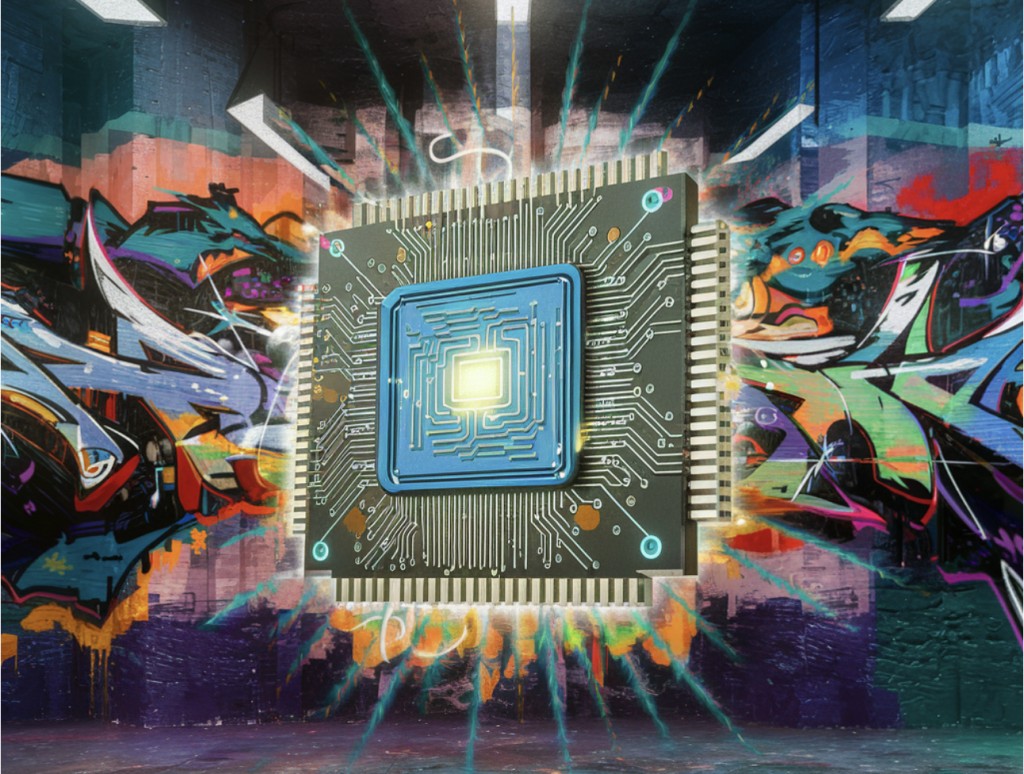Meta, the tech giant behind popular platforms such as Facebook and Instagram, is pushing the boundaries of artificial intelligence (AI) infrastructure by introducing the next generation of the Meta Training and Inference Accelerator (MTIA). This move marks a significant leap in Meta’s commitment to enhancing AI-driven experiences across its products and services.
The latest iteration of MTIA showcases impressive performance enhancements over its predecessor, MTIA v1, particularly in powering Meta’s ranking and recommendation models for ads. This advancement is a testament to Meta’s growing investment in AI infrastructure, aiming to foster new and improved user experiences through cutting-edge technology.
Last year, Meta unveiled the first-generation MTIA, a custom-designed AI inference accelerator tailored to the company’s deep learning recommendation models. The introduction of MTIA was a strategic move to boost the computing efficiency of Meta’s infrastructure, supporting software developers in creating AI models that elevate user experiences across Meta’s platforms.
The next-generation MTIA chip represents a leap forward in custom silicon development designed to address Meta’s unique AI workloads. This version significantly boosts compute and memory bandwidth, which is crucial for efficiently serving the ranking and recommendation models that underpin high-quality user recommendations.
Under the Hood of MTIA’s Next Generation
The architecture of the new MTIA chip focuses on striking an optimal balance between compute power, memory bandwidth, and capacity. This design is critical for serving ranking and recommendation models, especially when operating with smaller batch sizes, thereby ensuring high utilization rates. Notably, the chip features an 8×8 grid of processing elements (PEs) that offer substantial improvements in dense and sparse compute performance, a testament to architectural enhancements and increased local PE storage, on-chip SRAM, and LPDDR5 capacity.
Moreover, the chip’s improved network-on-chip (NoC) architecture facilitates better coordination between different PEs at lower latencies. These advancements are part of Meta’s long-term strategy to scale MTIA to address a broader array of more complex workloads.
Meta’s AI Vision and Competitive Landscape
Meta’s latest MTIA chip is not just a technological milestone but also a strategic approach in the increasingly competitive field of AI. With this development, Meta aims not only to enhance its current AI applications but also to pave the way for future innovations in generative AI models and beyond.
The tech industry is witnessing a surge in companies developing custom AI chips to meet the growing demand for computing power, as seen with Google’s TPU chips, Microsoft’s Maia 100, and Amazon’s Trainium 2 chip. This trend underscores the importance of custom silicon in achieving superior AI model training and inference capabilities.
Meta’s next-generation MTIA chip is a critical component of its broader strategy to build a comprehensive AI infrastructure. By focusing on custom silicon, the company is positioning itself to meet its ambitious AI goals, ensuring that its platforms continue to offer unparalleled user experiences through advanced AI technologies.
Key Takeaways
Meta introduces the next-generation Meta Training and Inference Accelerator (MTIA) chip, showcasing significant performance improvements.
The new MTIA chip is designed to efficiently serve Meta’s ranking and recommendation models, featuring enhanced compute and memory bandwidth.
The architecture of the MTIA chip focuses on providing the right balance of compute power, memory bandwidth, and capacity, essential for high-quality AI applications.
This development underscores Meta’s commitment to advancing AI technology and infrastructure, setting the stage for future innovations in generative AI and beyond.
The evolution of custom AI chips among tech giants highlights the growing importance of specialized silicon in meeting the demands of advanced AI workloads.
The post Meta Advances AI Capabilities with Next-Generation MTIA Chips appeared first on MarkTechPost.
Source: Read MoreÂ

